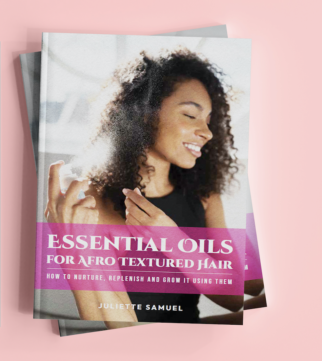The color of the human skin is influenced by the amount of melanin, or pigment of the skin found within cells. Research indicates that melanin functions to protect the skin from the sun’s harmful rays and results in the slowdown of skin aging. A large degree of melanin in the skin clearly has different benefits. However, it does pose some specific challenges when it comes to products for treating black skin and acne.
Topical agents and treatments are the most common types of products for treating black skin and acne. In fact, most of the available treatments have been modified to treat darker skin. For acne on African American skin, dermatologists may prescribe a topical retinoid, which is a compound related to vitamin A in order to speed cell regeneration. Unfortunately, topical retinoids can cause side effects, especially on sensitive ethnic skin.
Your skin can become irritated, in a way that is similar to sunburn and experience a higher sensitivity to the sun’s ultraviolet rays. To offset this side effect, those being treated with a retinoid should use a sunscreen. The sunscreen’s SPF should be no lower than 15, as indicated in the product.
There’s always the natural side of the coin when treating acne on black skin. Some skin care products used to African American Skin contain, aloe vera, glycolic acids, Vitamin C and Green Clay. While glycolic acids, Vitamin C and Green Clay act as exfoliants to remove dead skin build up and even out your skin tone, Aloe Vera is used to soothe your skin during and after a treatment, whether at home or in a salon.
The cosmetic market has been flooded with retinoid formulations because these products do not require a doctor’s prescription. It is important for African Americans to read labels carefully before beginning any treatment for their acne.
Aside from topical agents, acne black skin treatments may include products such as chemical peels. Chemical peels for acne makes use of strong chemical solutions that act as an accelerant in causing the upper layers of skin to slough off. Unfortunately, chemical peels can result in even more trauma if used by the wrong hands. The improper application of chemical peels may result in additional hyperpigmentation or even scaring of the skin. This situation may be more difficult to remedy than the original acne condition.
If the treatment of chemical peels is selected for acne African American skin, be sure to get your treatment from a professional that’s familiar with African American Skin.
Dedicated To Your Beauty,
Juliette Samuel,
Esthetician/Publisher
NYRAJU Skin Care – Providers of Natural Skin and Hair Care Products for People of Color




 Facebook
Facebook Twitter
Twitter Delicious
Delicious Digg
Digg Myspace
Myspace StumbleUpon
StumbleUpon Youtube
Youtube